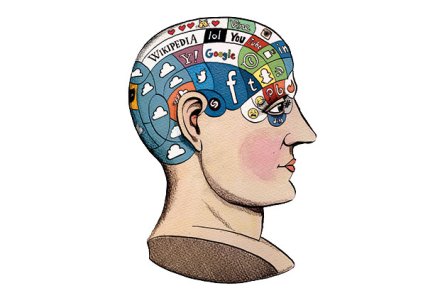When more data makes you more wrong
In a one-day international against Australia last year, Ben Stokes was dismissed for ‘obstructing the field’, a rule rarely invoked in-cricket. The bowler had thrown the ball towards the wicket (and hence near Stokes’s head) in an attempt to run him out. Stokes raised his hand and deflected the ball. After some discussion between the two on-field umpires, and a referral to the third umpire, Stokes was given out. What was most interesting was the difference in the conclusions people reached depending on whether they watched the replay in real time or in slow motion (you can find both on YouTube). Seen at speed, his raising of his hand looked



















